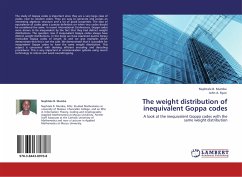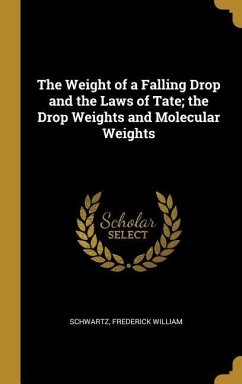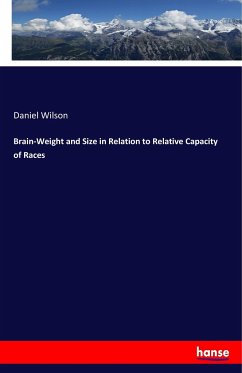
The weight distribution of inequivalent Goppa codes
A look at the inequivalent Goppa codes with the same weight distribution
Versandkostenfrei!
Versandfertig in 6-10 Tagen
32,99 €
inkl. MwSt.

PAYBACK Punkte
16 °P sammeln!
The study of Goppa codes is important since they are a very large class of codes, near to random codes. They are easy to generate and posses an interesting algebraic structure and a lot of good properties. The idea of equivalence of codes gives a precise definition on when two codes should be considered the same. In recent International Conferences, Goppa codes were shown to be inequivalent by the fact that they had distinct weight distributions. The question rose if inequivalent Goppa codes always have distinct weight distributions. In this book we have examined quintic binary irreducible Gop...
The study of Goppa codes is important since they are a very large class of codes, near to random codes. They are easy to generate and posses an interesting algebraic structure and a lot of good properties. The idea of equivalence of codes gives a precise definition on when two codes should be considered the same. In recent International Conferences, Goppa codes were shown to be inequivalent by the fact that they had distinct weight distributions. The question rose if inequivalent Goppa codes always have distinct weight distributions. In this book we have examined quintic binary irreducible Goppa codes of length 32 and we give examples which demonstrate that this is not the case. We demonstrate that it is possible for inequivalent Goppa codes to have the same weight distribution. This subject is concerned with devising efficient encoding and decoding procedures. This is very important in communication systems using recent technology to reduce and avoid eavesdropping.












